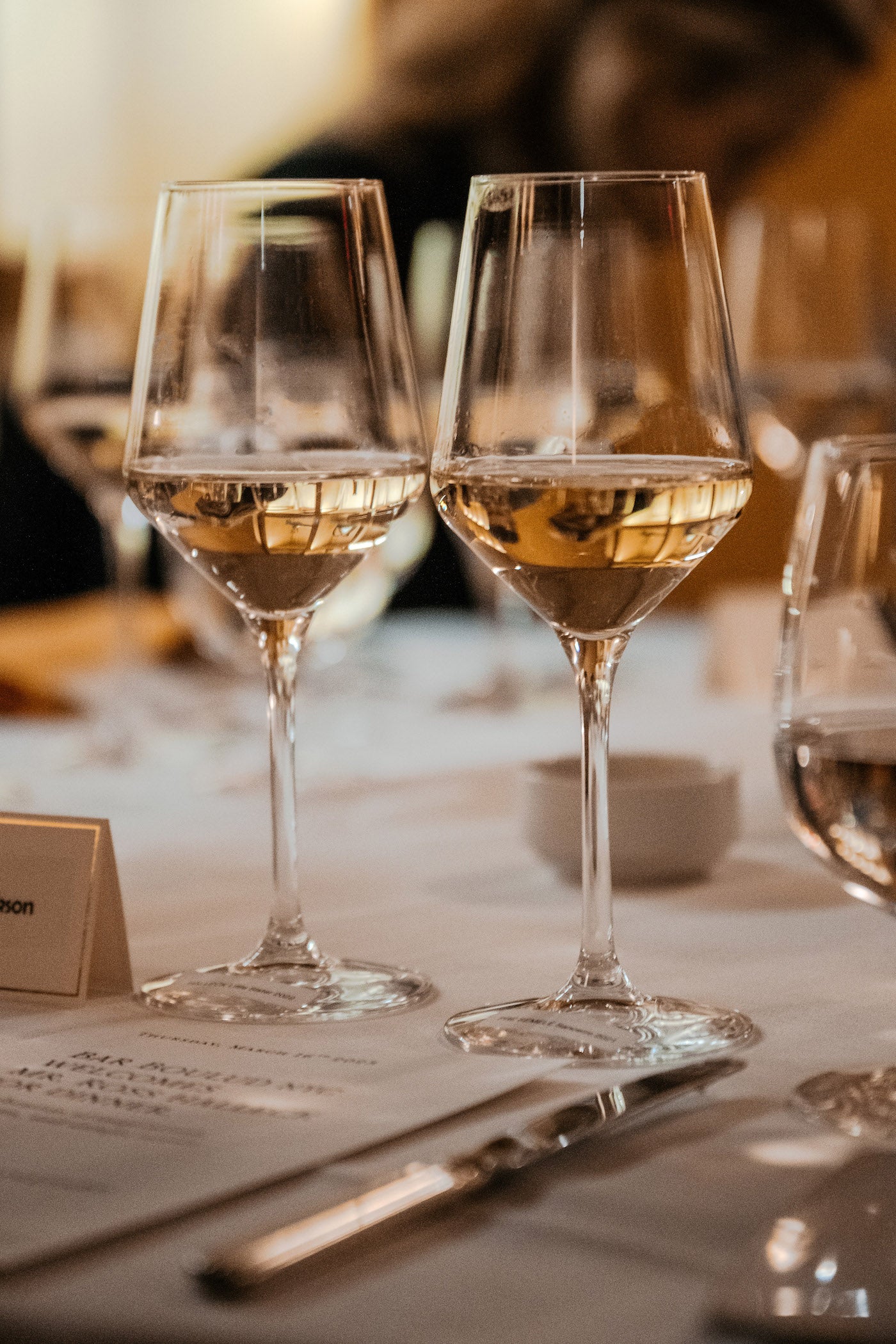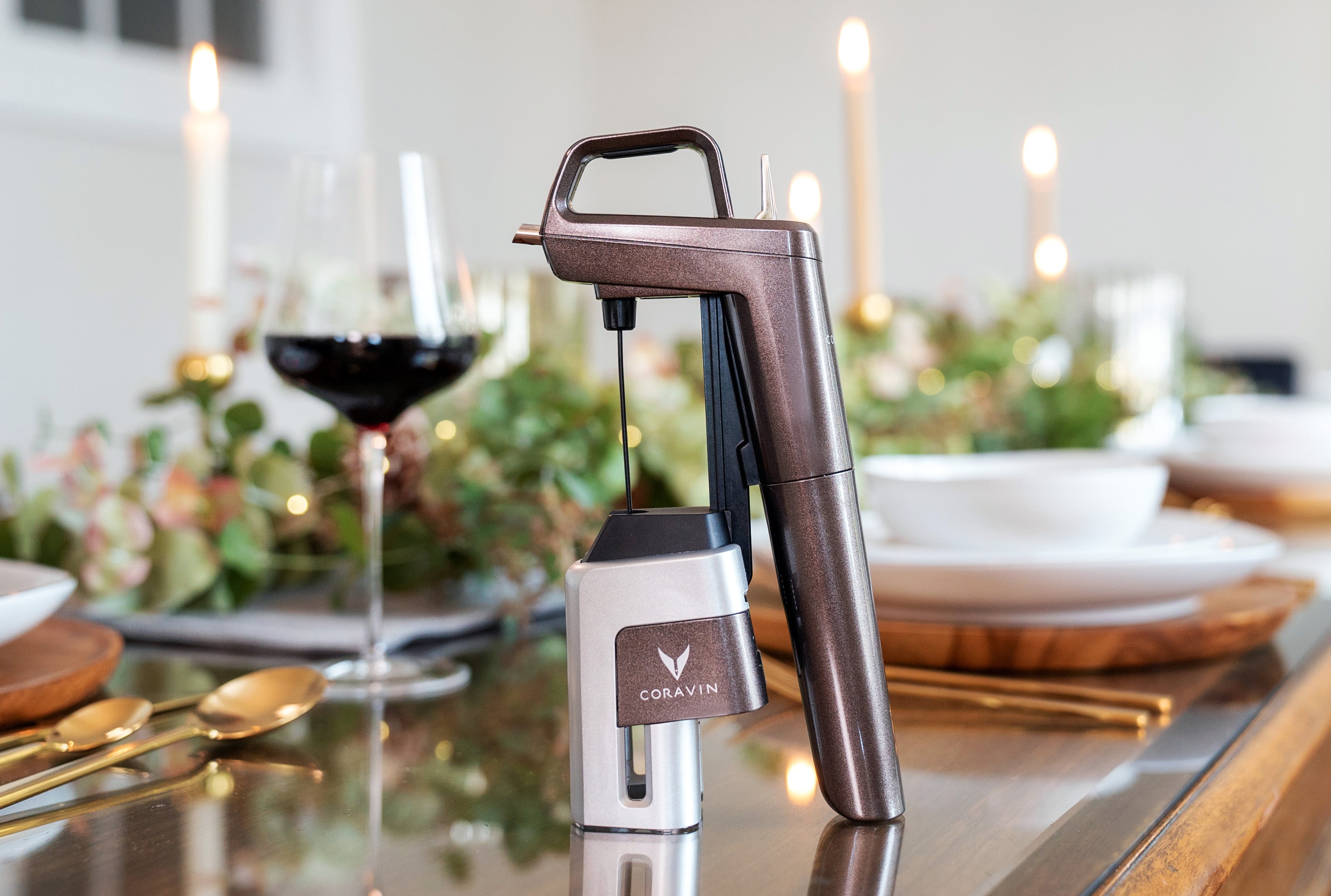Hidden Gem Wineries In Sonoma County - Vines And Views In Sonoma Wine Country
Hidden Gem Wineries In Sonoma County - Vines And Views In Sonoma Wine Country
Blog Article
Wineries Offering Off The Beaten Path Experiences - Tasting Experiences In Sebastopol Vineyards
Wine tasting is commonly regarded as an art kind, one that goes beyond merely enjoying a beverage. It embraces a posh interaction of flavors, aromas, and textures that requires devoted practice to really master. Many who venture into the world of wine tasting quickly notice that it entails rather more than just sipping wine. Enhancing sensory skills by way of devoted winery wine tasting can elevate the experience, reworking a casual consuming occasion into a complicated exploration of the senses.
At a primary degree, wine tasting engages the senses of sight, smell, taste, touch, and even sound. Each component performs a crucial role in appreciating the nuances of a wine. When one first pours a glass of wine, the rich hues can present preliminary insights into its age and varietal. Observing the colour and readability helps type expectations in regards to the wine's flavor profile. Many don’t absolutely recognize how this visual evaluation can set the stage for what's to observe.
The subsequent step is to engage the sense of scent. Swirling the glass aerates the wine, allowing its unstable compounds to flee and fill the air with its bouquet. The nose entails some fascinating layers—different aromas can sign varied aspects of the winemaking process, including the kind of grapes used, fermentation strategies, and getting older conditions. Developing a keen sense of smell can be a game-changer in wine tasting.
Elegant Wine Tasting Locations In Sonoma - Tasting Rooms In Sebastopol
To enhance this sensory skill, wine enthusiasts are often inspired to take part in devoted tastings at wineries. These tastings enable people to focus solely on the sensory experience (Popular Wineries With Outdoor Seating In Sonoma). Tasting periods led by knowledgeable sommeliers or winemakers can offer insights into figuring out distinct aromas. Studying to differentiate between floral, fruity, earthy, and spicy notes can empower a taster to articulate their experience with greater precision.
As one practices their sensory talents, they could uncover that their style preferences evolve. This transformation typically happens after multiple tastings. A wine that initially appeared overwhelming would possibly reveal hidden layers of complexity with a little bit of experience. Understanding how to isolate individual flavors similar to acidity, sweetness, bitterness, and umami contributes considerably to the general wine experience.
Another essential factor in improving sensory skills is the context in which wine is tasted. Environmental elements like temperature, lighting, and even the company current can affect perceptions. At a winery, an optimal setting can reduce distractions and enable a more profound exploration of the wine (Wineries In The Heart Of Sonoma County Wine Region). Working Towards mindful tasting techniques encourages a extra immersive experience, allowing tasters to hone in on their senses.
It is not solely about particular person perception, although. Participating with others throughout a tasting can even improve sensory skills. Sharing notes and discussing impressions fosters a deeper understanding of the wine. This collaborative method encourages members to articulate their sensory experiences, thereby broadening their linguistic repertoire related to wine tasting.
Wineries That Host Harvest Festivals - Sonoma County's Best Wine Experiences
Additionally, pairing wine with food can significantly enhance the tasting experience. Completely Different mixtures can bring out distinctive flavors in both the wine and the dish. As one tastes a wine alongside explicit meals, they will start to recognize how certain elements within the wine complement or contrast with what they're eating. This skill of pairing is another layer that enriches sensory growth.
Coaching one’s palate can involve quite so much of workouts. Some enthusiasts have interaction in systematic tasting experiences, sampling a spread of wines that showcase different varietals, regions, or vintages. Exploring this range can sharpen the power to discern nuances throughout different wine profiles. Over time, this practice builds a psychological library of flavors that might be accessed during future tastings.
Notably, written notes serve a twin purpose: organizing one’s ideas and reinforcing reminiscence. By writing down observations about each wine, tasters can observe their progress over time. Detailing the characteristics of wines assists in solidifying data, finally deepening one’s appreciation of what they devour.
Furthermore, attending workshops or classes centered on sensory analysis may also be useful. Many wineries offer these instructional applications to assist people refine their skills. Often, educated instructors guide individuals through structured tastings, focusing on particular elements of the wine. This degree of education reinforces the sensory skills asynchronously and challenges tasters to assume about their experiences from totally different angles.
Family-Oriented Wine Tasting Venues In Sebastopol - Sonoma Wineries With Vineyard Views
Over time, the commitment to enhancing sensory skills by way of dedicated winery wine tasting can yield significant rewards. The enjoyment derived from wine turns into layered and multifaceted. No longer restricted to a simple preference for "pink" or "white," tasters begin to appreciate the tales behind every pour. They domesticate a palette able to navigating the complicated landscape of flavors with confidence.
In conclusion, the journey of enhancing sensory skills through dedicated winery wine tasting is as rewarding as it is gratifying. It requires focus, dedication, and a willingness to be taught, but the outcomes far exceed the preliminary effort. By partaking multiple senses and taking part in considerate discussions, people not solely become more proficient at figuring out flavors but also develop a deeper appreciation for the craftsmanship behind each bottle. The course of transforms wine from a mere beverage right into a rich tapestry of sensory exploration that beckons enthusiasts to delve deeper. As skills enhance, so too does the enjoyment, enriching life experiences one sip at a time.
Wineries Producing Pinot Noir And Chardonnay - Best Winery Located In Sonoma
- Partaking the palate through various wine varieties enhances the ability to distinguish flavors and aromas, refining total sensory notion.
- Participating in guided tastings promotes focused attention on delicate traits of every wine, nurturing important tasting skills.
- Studying to identify specific grape varieties fosters a deeper understanding of terroir, which aids in recognizing regional flavor profiles.
- Incorporating food pairings during tastings can heighten sensory consciousness, as completely different tastes can affect one another and alter perceptions.
- Working Towards the art of swirling and nosing wines allows people to attach olfactory cues with style, improving the flexibility to articulate sensory experiences.
- Attending workshops that emphasize blind tastings trains members to rely purely on their senses somewhat than preconceived notions, enhancing objectivity.
- Elevating sensory skills can result in better wine choice talents, empowering individuals to make informed selections primarily based on personal preferences.
- Engaging with knowledgeable sommeliers presents insights into wine-making processes, which deepens sensory appreciation and enhances vocabulary for describing wines.
- Regular participation in tastings encourages memory growth of flavors and aromas, aiding in the formation of a personalized sensory profile over time.
- Sharing tasting experiences with friends fosters dialogue, selling communal learning that can improve individual sensory skills via collaboration.undefinedWhat is the purpose of improving sensory skills via wine tasting?

Enhancing sensory skills through wine tasting permits people to enhance their capacity to determine and appreciate the assorted aromas, flavors, and textures of wine. This heightened sensory awareness can result in a deeper understanding of wine and an general enriched tasting experience.
Unique Wine Blending Experiences In Sonoma - Sonoma Vineyards To Explore
How can I develop my sensory skills at a winery?
You can develop your sensory skills at a winery by collaborating in guided tasting periods that target specific varietals. Engage with knowledgeable staff who can present insights and encourage you to take notes in your impressions, enhancing both your observational and descriptive talents.
What should I expect throughout a devoted wine tasting experience?
Wineries With Breathtaking Gardens In Sonoma - Sebastopol Wine Experiences
Throughout a devoted wine tasting experience, count on to sample a choice of wines whereas receiving focused schooling about each. You'll learn about the winemaking course of, tasting techniques, and how to discern different sensory characteristics, all in a relaxed surroundings.

Is prior information of wine essential to benefit from a sensory skills workshop?
- Wine Tasting Experiences With Local Cheese
No prior data of wine is necessary; the workshops are designed for all ranges of experience. Novices will find useful data to build from, while seasoned tasters can refine their skills and broaden their palate even additional.
How do sensory skills impact my general wine appreciation?
Cultural Wine Experiences In Sonoma County - Discover Sebastopol's Wine Scene
Enhancing sensory skills significantly enhances your total wine appreciation by allowing you to establish subtleties and complexities in wines. This deeper understanding enriches your tasting experience and helps you make informed selections primarily based on personal preferences.
Are there specific techniques I ought to use whereas tasting wine to improve my sensory skills?
Family Friendly Wineries With Outdoor Spaces - Sonoma Wine Country Wineries To Explore
Yes, employing techniques such as click to read the "SWOT" methodology (Sight, Swirl, Smell, Sip, Savor) could be useful. Pay consideration to the wine's look, aromatics, and mouthfeel, and take your time with each sip to completely explore the flavors and sensations.
What type of wines are sometimes included in sensory skills tastings?
Usually, sensory skills tastings embrace a selection of wines that showcase different areas, varietals, and styles. This variety helps participants establish distinct characteristics and enhances their capacity to distinguish between wines.
Can sensory skills workshops be personalized to my tasting interests?
Spectacular Vineyard Views In Sonoma - Luxury Wine Tasting In Sonoma County
Many wineries offer personalized options for sensory skills workshops, allowing you to concentrate on particular forms of wines or themes that curiosity you, similar to organic wines or unique regional offerings. It's best to inquire instantly with the winery for tailor-made experiences.
Is there a method to practice sensory skills after leaving the winery?
Yes, you probably can practice your sensory skills at home by find more tasting different wines and maintaining a tasting journal. Experimenting with numerous food pairings and aromatics can further enhance your understanding of how flavors work together, reinforcing the talents gained on the winery. Report this page